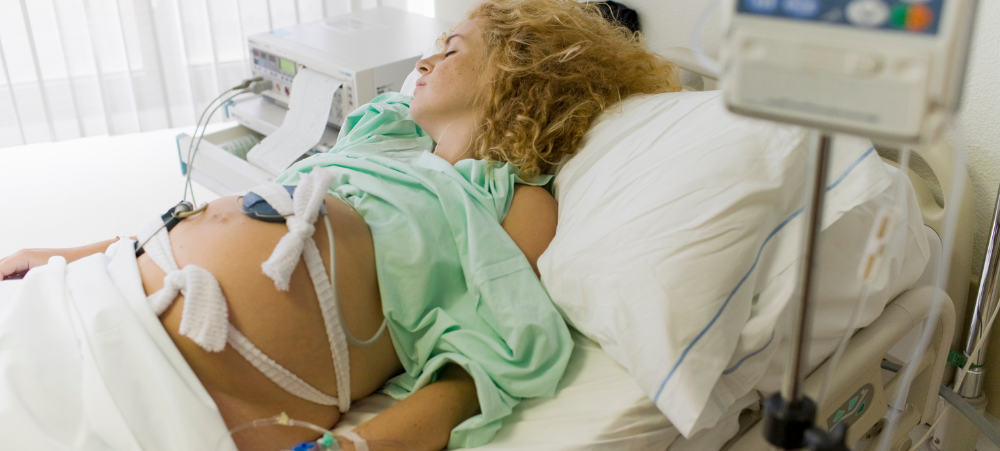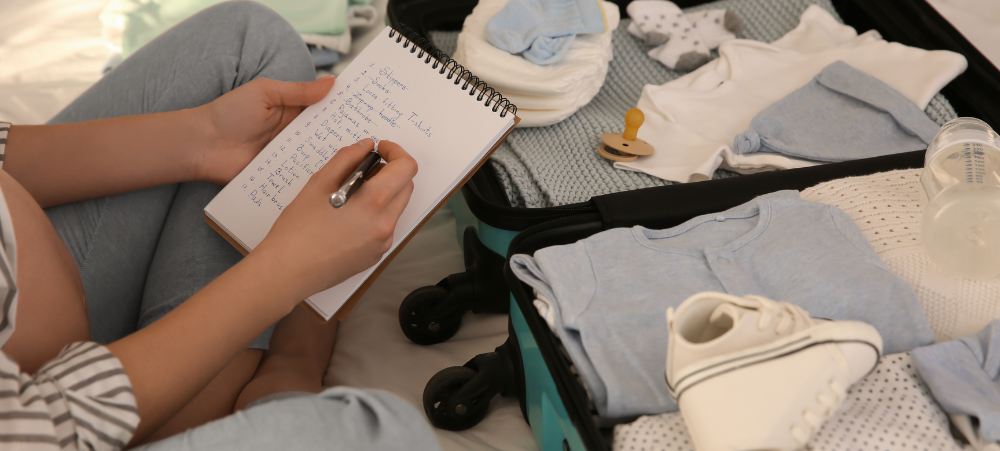South African hospitals have made the news on multiple occasions for refusing to admit or treat patients needing emergency care including women in labour. Hospitals can face potential liability when this happens.
This is according to Kirstie Haslam, partner at DSC Attorneys, who says that there are circumstances where hospitals can be held liable when refusing to admit women in labour.
Examples of South African hospitals to treat women in labour
Unfortunately, there are many examples of South African hospitals turning away women in labour. Haslam cites some incidents from recent years.
Woman gives birth in hospital car park
In 2021, a young woman in premature labour was allegedly by staff at Helderberg Hospital in Somerset West.
Despite multiple requests from a woman who was transporting the pregnant woman in her car, staff didn’t leave the hospital to assist them.
The woman was forced to give birth in the car park and the baby died.
Woman in labour turned away for being “too old”
In 2019, a 45-year-old pregnant woman was turned away from the Stanza Bopape Clinic in Mamelodi, Tshwane. The woman was allegedly told that she couldn’t give birth at the clinic because she was too old and considered high risk.
The delay meant the woman’s waters broke and she gave birth outside the clinic gate.
It was only then that the staff realised that the situation was serious and came to assist her.
Woman forced to give birth outside clinic
In 2019, a 29-year-old pregnant woman was allegedly turned away twice by security guards at the Marulaneng Clinic because she’d forgotten her clinic card despite being in pain.
She was forced to walk home to collect it and she started to bleed. When she returned to the clinic with her mother, she was told no-one was on duty to help her.
While they waited, the woman gave birth outside in the rain. The security guards then called the nurses to assist but it was too late. The baby was pronounced dead.
Woman gives birth at a station after being turned away by three hospitals
In 2017, a Congolese woman was forced to give birth at Park Station in Johannesburg. She was allegedly turned away from three hospitals because she’s an asylum seeker.
The woman and her husband spent hours waiting and travelling by train while she was in labour to try to get medical care. Two hospitals turned her away. Even after she gave birth on the station floor, a third hospital refused her care.
The Constitution ensures asylum seekers have the right to the same emergency medical care as South African citizens, including maternity care.
What the law says about emergency medical treatment
Haslam says that the South African law is clear about a person’s right to emergency medical treatment, including how it pertains to women in labour.
“With regard to the right to basic emergency treatment under Section 27(3) of the South African Constitution, no-one in South Africa may be refused emergency medical treatment,” she explains.
“A medical emergency is defined as an acute injury, illness or medical situation that requires immediate medical care because the life or long-term health of the patient is in danger. This includes emergency care for women in labour.”
Under the Constitution, Haslam says that this right applies to South African citizens and asylum seekers, regardless of whether they have medical aid.
Haslam says that exceptions to the above do exist but under very specific circumstances including:
- When the patient has no insurance, and the situation is not a medical emergency
- If the hospital is under-resourced (overcrowded, no beds, inadequate staff)
- When the hospital believes the patient would receive better treatment elsewhere
- If the hospital doesn’t have the correct equipment to treat the patient properly.
Factors that help determine liability
Medical malpractice cases are rarely straight forward. If a patient is denied care, certain factors help determine liability.
Haslam says that if a person arrives in critical condition and failure to treat the patient results in death or severe injury, a hospital or medical practitioner is liable.
“Hospitals can never turn a patient away for discriminatory purposes, such as race, sex, gender, sexual orientation or nationality. In these circumstances, the hospital would be held liable.”
“How serious the case was and whether it could have been managed without emergency care must be investigated,” she adds. “Whether the hospital was adequately resourced to respond to the emergency is also a factor.”
She says that all these factors need to be considered to determine if a medical malpractice claim is valid.
Liability of hospitals for refusing to admit women in labour
If a hospital’s refusal to admit a woman in labour leads directly to a mother or her baby being harmed and the accepted standards of care are violated, Haslam says that a personal injury claim can be made against the hospital or individual health practitioners.
“In the case of a government medical facility, a personal injury claim can be made against the State, usually the Department of Health.”
Get an attorney to assist with claim
Medical malpractice is a highly specialised area of the law. Haslam says that claims against hospitals for refusing to admit women in labour require comprehensive knowledge of the law and experience in medical malpractice cases.
“It is therefore advisable for claimants to seek the assistance of an attorney that has extensive experience in medical malpractice claims,” she concludes.
For more information visit: www.dsclaw.co.za
We understand that there are many aspects that encompass a Mother, Father or Child and strive toward providing resources and services that accommodates this.
Our content is aimed to inform and educate families on issues starting from pregnancy through to the challenges of the teen-age years.
- Say Hello to the Ultimate Holiday Brunch Bite - December 17, 2025
- Tiny Toons Looniversity Returns: Meet the Voice Behind Plucky and Hamton! - December 12, 2025
- From Pain to Possibility: Panado®’s New Marketing Campaign, Highlights The Joy Of Pain Relief - December 10, 2025





